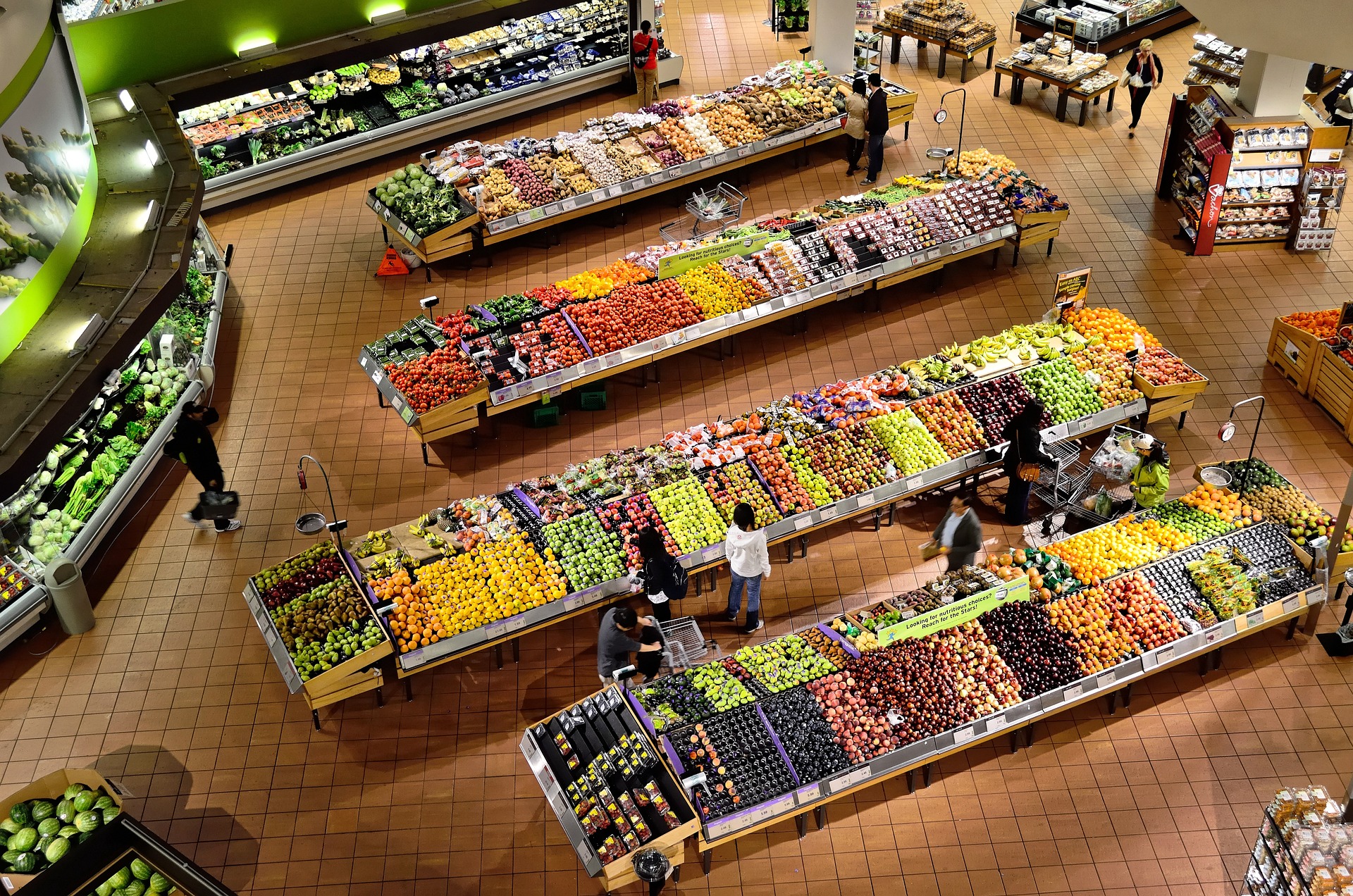The explosion of grocery & food delivery in 2020, magnified by the COVID-19 pandemic, drove retailers who had not yet fully implemented the necessary infrastructure to pivot on an unforgiving timeline. Some were unprepared for the volume of demand for online orders, slashing store and restaurant retail space into ramshackle half-baked outposts for pickup/delivery orders where shelves used to stand. The better equipped, such as Walmart and Amazon, saw a huge boost in their e-commerce division revenue shares – not necessarily a surprise given the growing 3x gap between e-commerce CAGR and store-only CAGR for the edible grocery segment between 2020-2025. Now with customers returning in-store to shop, will demand for home grocery delivery – and investment into the sector – continue to shrink, sustain itself, or grow?
It seems that investors are betting on the latter. Although industry leaders continue to dominate the in-store market share (including the recently announced merger of Kroger & Albertsons), VC funding is being funneled into digital grocery-oriented startups, especially in software: information systems, sorting, aggregation, logistics, forecasting, customer experience, and far beyond (see: JackBe , AxleHire ). The confluence of booming technologies such as AI & machine learning and consumer trends such as sustainability, ethical eating, and deeper customer engagement needs are shaping today’s consumer shopping habits. Those who can innovate and excel at meeting these trends have the potential to reap market share as more Americans turn to e-grocery.
This complexity required for success does not come without its challenges, however. Deren Baker, CEO of Edge by Ascential, highlighted that successful retailer market strategies will require “recognizing marketplace capability to offer personalization at scale, as well as the increasing importance of engaging with delivery intermediaries directly and not just leaving that relationship to the retailers.” In efforts to ride the leading edge, grocery giants are snatching up technology startups across the United States and Europe (recently: Getir in advanced talks to acquire Gorillas), but the key to success will lie in how they can successfully integrate.
Will 2023 be the year of disruption? In a market full of competitors ripe for consolidation, it seems reasonable to expect major changes in the industry. With Instacart’s IPO expected after the new year, opinions may change, but technological innovation will continue to act at the forefront of global grocery – and investors are watching with a keen eye.

